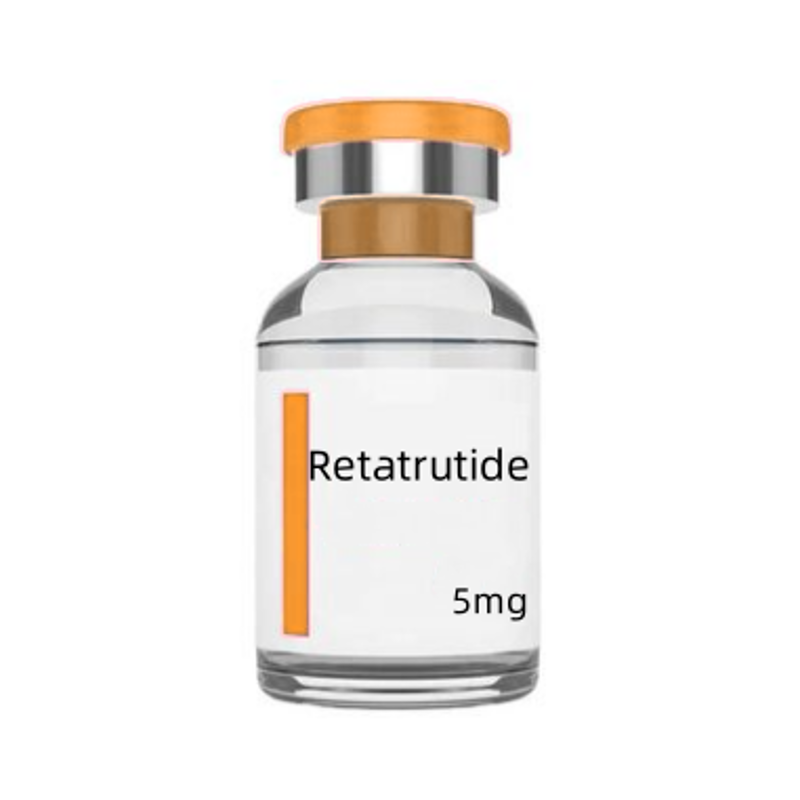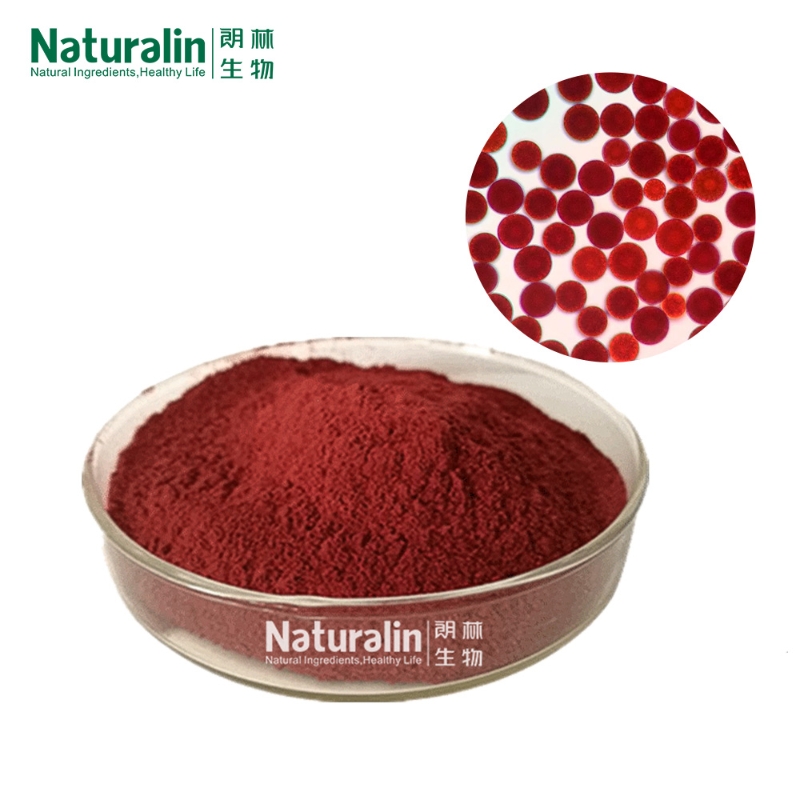-
Categories
-
Pharmaceutical Intermediates
-
Active Pharmaceutical Ingredients
-
Food Additives
- Industrial Coatings
- Agrochemicals
- Dyes and Pigments
- Surfactant
- Flavors and Fragrances
- Chemical Reagents
- Catalyst and Auxiliary
- Natural Products
- Inorganic Chemistry
-
Organic Chemistry
-
Biochemical Engineering
- Analytical Chemistry
-
Cosmetic Ingredient
- Water Treatment Chemical
-
Pharmaceutical Intermediates
Promotion
ECHEMI Mall
Wholesale
Weekly Price
Exhibition
News
-
Trade Service
Soil salinity is a form of land degradation in which salts accumulate in the soil profile to an extent that plant growth or infrastructure are negatively affected. A range of both field and laboratory procedures exist for measuring soil salinity. In the field, soil salinity is usually inferred from apparent electrical conductivity (EC
a
) using a range of devices, depending on the required depth of analysis, or size of the survey area. Field measurements of EC
a
require calibration to the actual salt content by laboratory analysis. In the laboratory, soil salinity is usually assessed by determining either the total soluble salts by evaporation of a soil water extract (TSS), or by determining the electrical conductivity (EC) of either a 1:5 distilled water:soil dilution, or a saturated paste extract. Although procedures for measuring soil salinity appear relatively straightforward, differences in methodology have considerable influence on measured values and interpretation of results.







